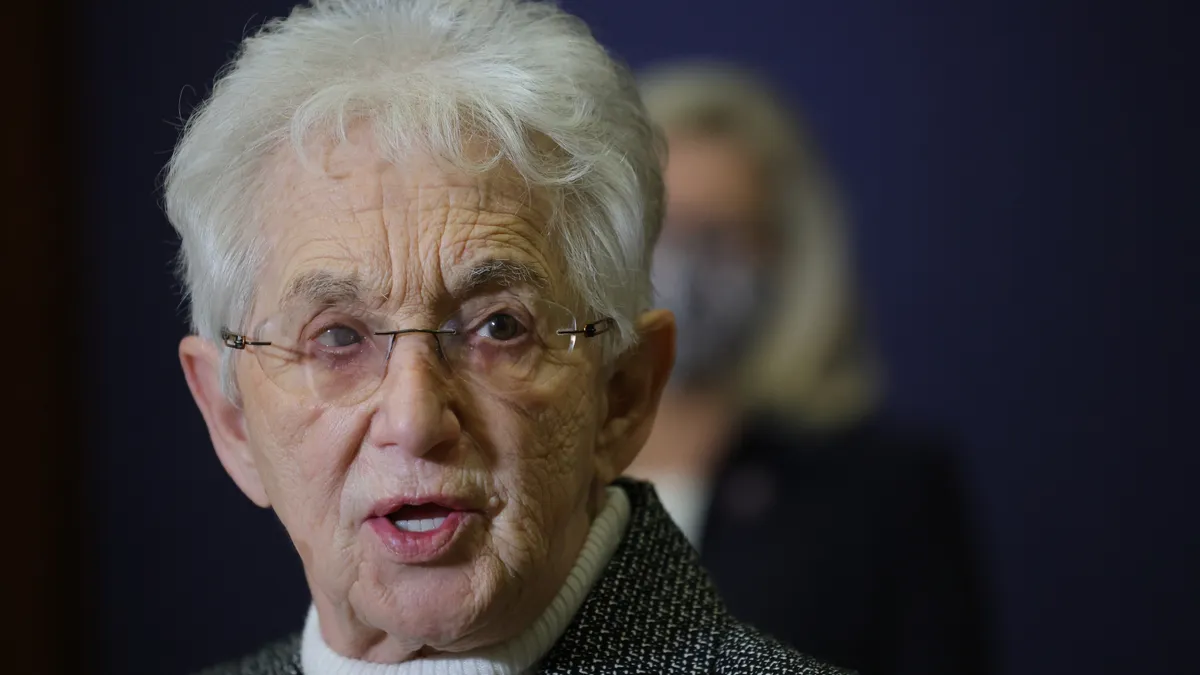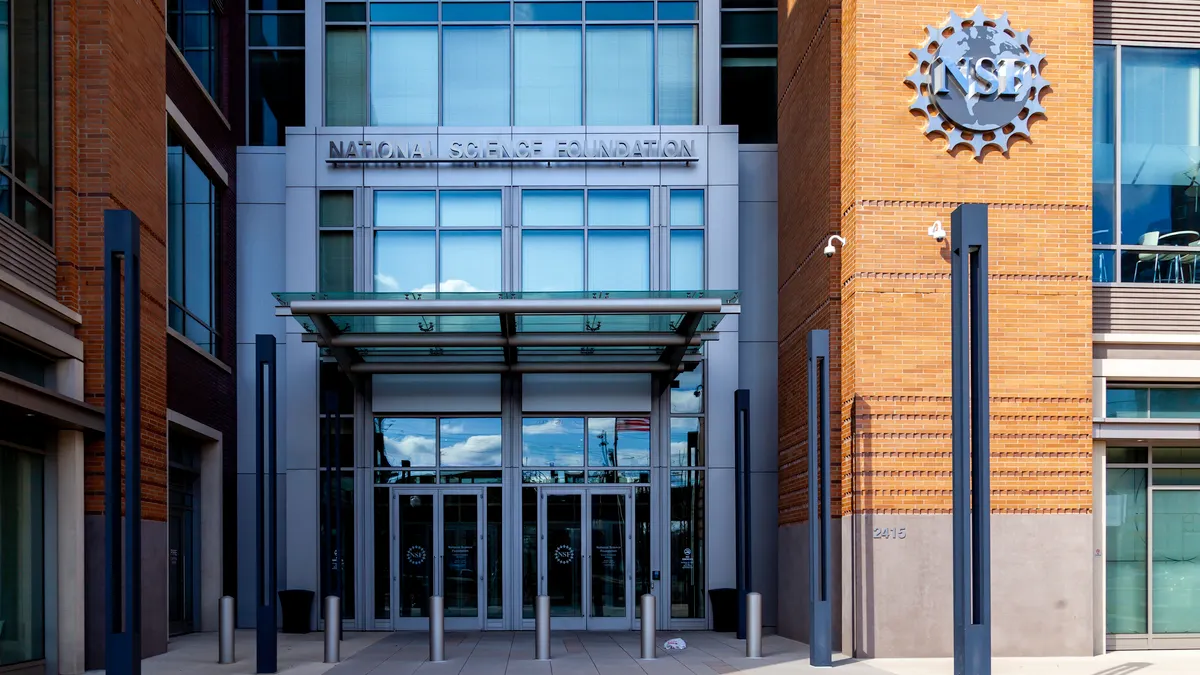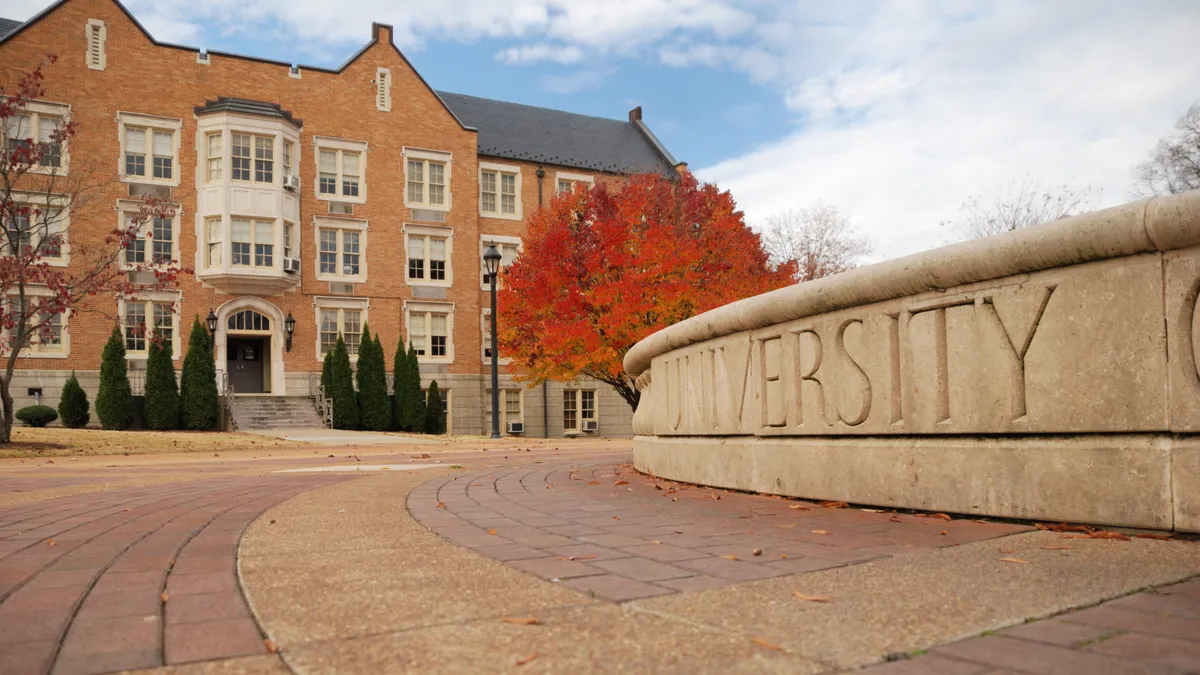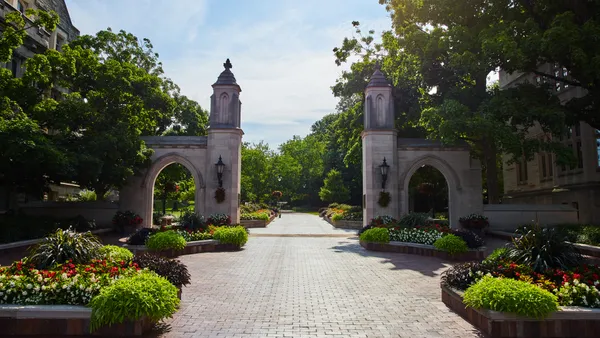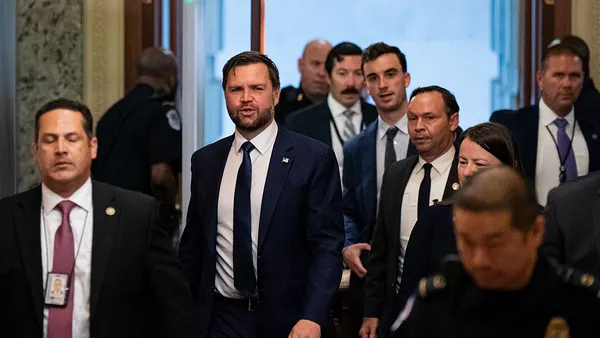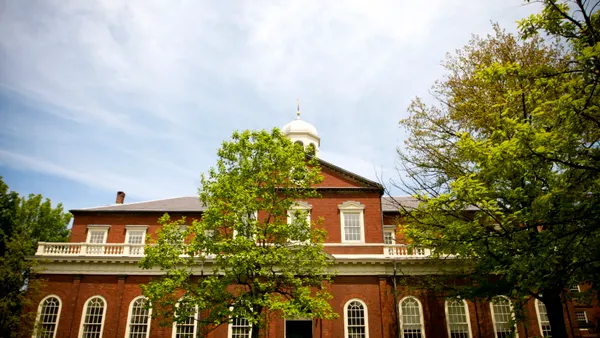Dive Brief:
- Northwestern University is facing increased congressional scrutiny as Republican lawmakers seek extensive documentation on its handling of pro-Palestine protests on its Illinois campus.
- The House Committee on Education and the Workforce is making Northwestern turn over all paperwork related to student and employee discipline and conduct cases over alleged antisemitism since Oct. 7, as well as all communications between student protesters and Northwestern's officials and representatives.
- The university has until May 17 to comply, ahead of a May 23 hearing about campus antisemitism at Northwestern, Rutgers University and the University of California Los Angeles.
Dive Insight:
In response to the Israel-Hamas war and Israel's bombardment of Gaza, college students across the country have organized pro-Palestinian protests and called on their institutions to divest from companies with links to Israel.
Many institutions have cracked down on demonstrators, in some cases suspending or expelling protesters and calling in the police to remove their encampments from campus. But Northwestern instead reached an agreement with its student activists at the end of April.
Michael Schill, Northwestern's president, said the university elected to negotiate to keep the campus safe.
"This resolution — fragile though it might be — was possible because we chose to see our students not as a mob but as young people who were in the process of learning," Schill wrote in a Thursday op-ed in the Chicago Tribune. "It was possible because we tried respectful dialogue rather than force. And it was possible because we sought to follow a set of principles, many of which I would argue are core to the tenets of Judaism."
In exchange for protesters complying with Northwestern's rules and removing their tents, the university will include Gaza in its Scholars at Risk program, which supports displaced students and academics from war-torn areas or those devastated by natural disasters. It will also establish a Muslim and Middle Eastern student center, similar to those already on campus for Jewish and Catholic students.
Northwestern, however, did not meet the protesters' primary demand, Schill said.
"They asked for several changes to university policy including divestment from Israel and the end of an academic program that focused on Israeli innovation," Schill wrote. "We said a flat no to both."
Academic experts have said negotiating with student protesters can help de-escalate campus tensions and prevent protests from ballooning.
But some lawmakers and conservative critics blasted the university's compromise. Virginia Foxx, the Republican from North Carolina who chairs the House education committee, called the agreement "an unacceptable dereliction of duty."
"Rather than enforcing University rules and disciplining those who violated them, Northwestern’s leaders surrendered to the violators in a shameful agreement," Foxx said in a Friday letter to Schill and Northwestern's board chair.
In addition to files on disciplinary actions and protest negotiations from the Chicago-area campus, the committee is requesting documents and communications related to the university's Qatar campus.
Foxx criticized Northwestern for allowing the protests to continue at all, calling the campus encampment "a hotspot for pervasive antisemitic harassment and hostility" and protesters "the malefactors responsible for this hatred and chaos."
At a hearing next week, Schill and the two other college presidents are likely to face similar committee questions posed to the presidents of Harvard University, the University of Pennsylvania and the Massachusetts Institute of Technology in recent months. Shortly after their testimony in December, the leaders of both Harvard and UPenn resigned under pressure.



